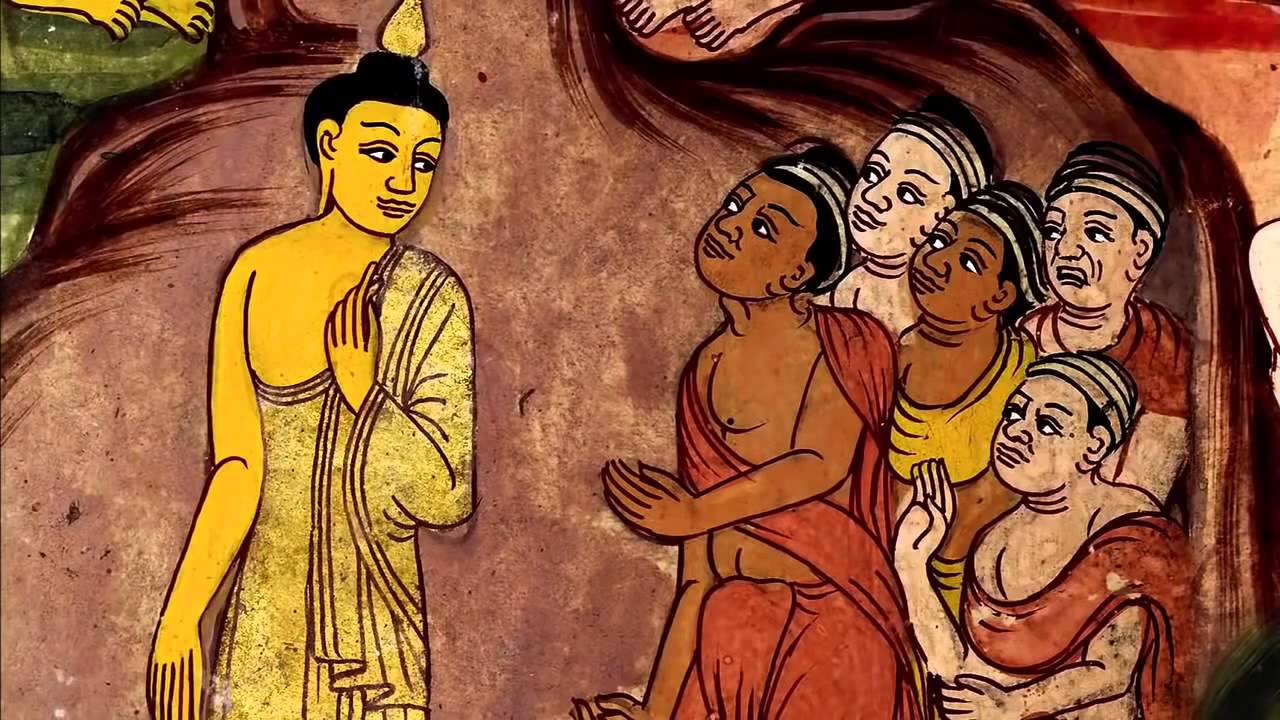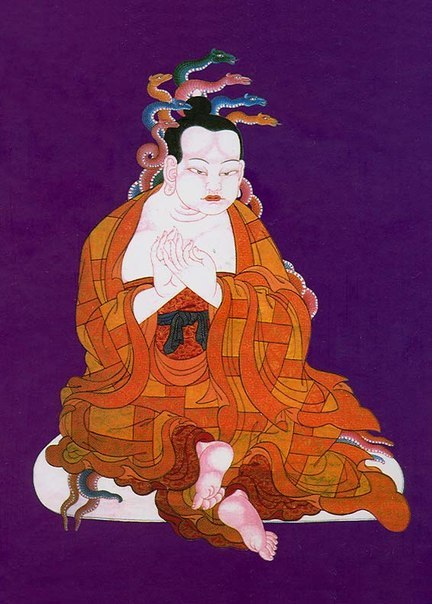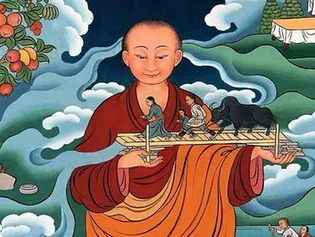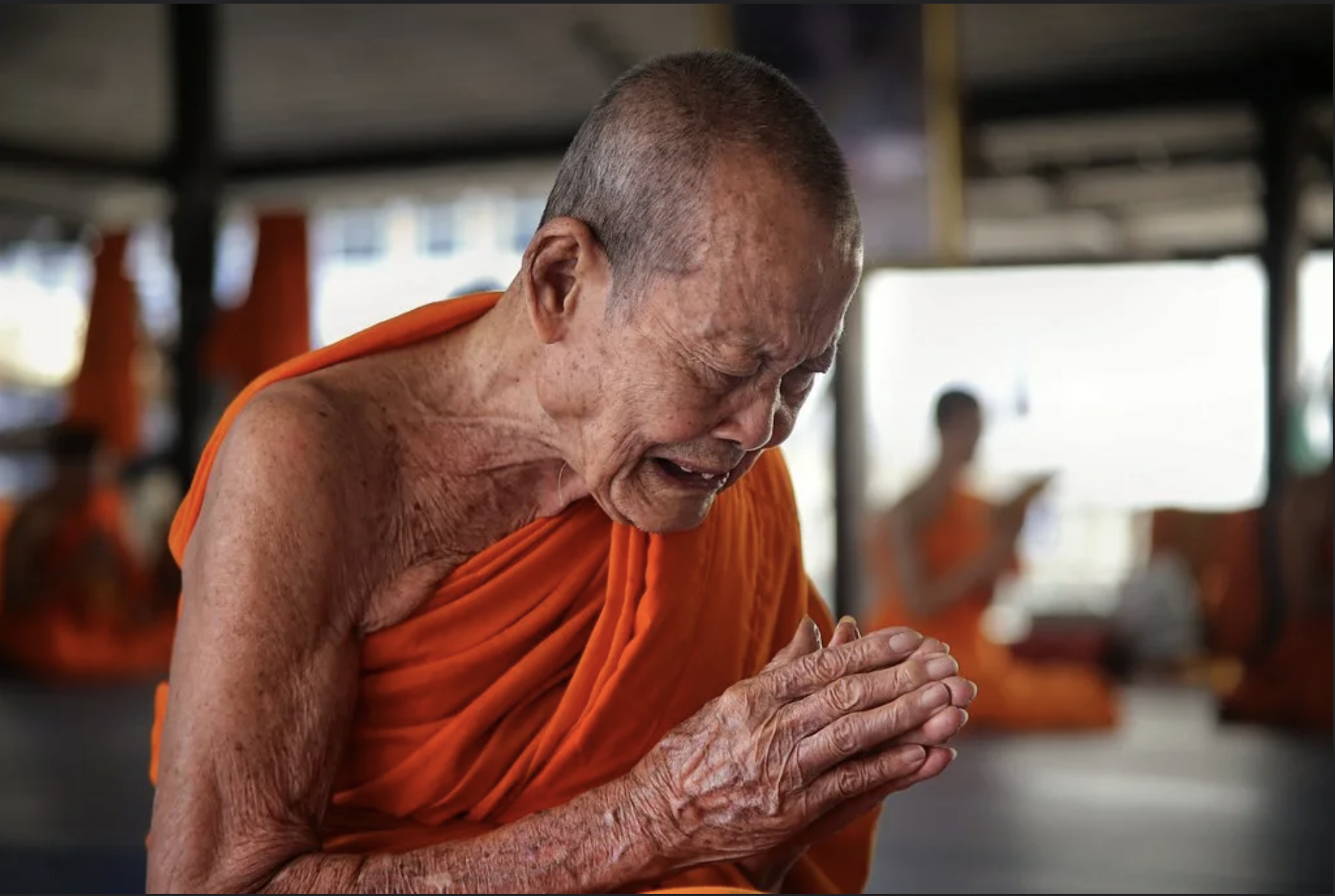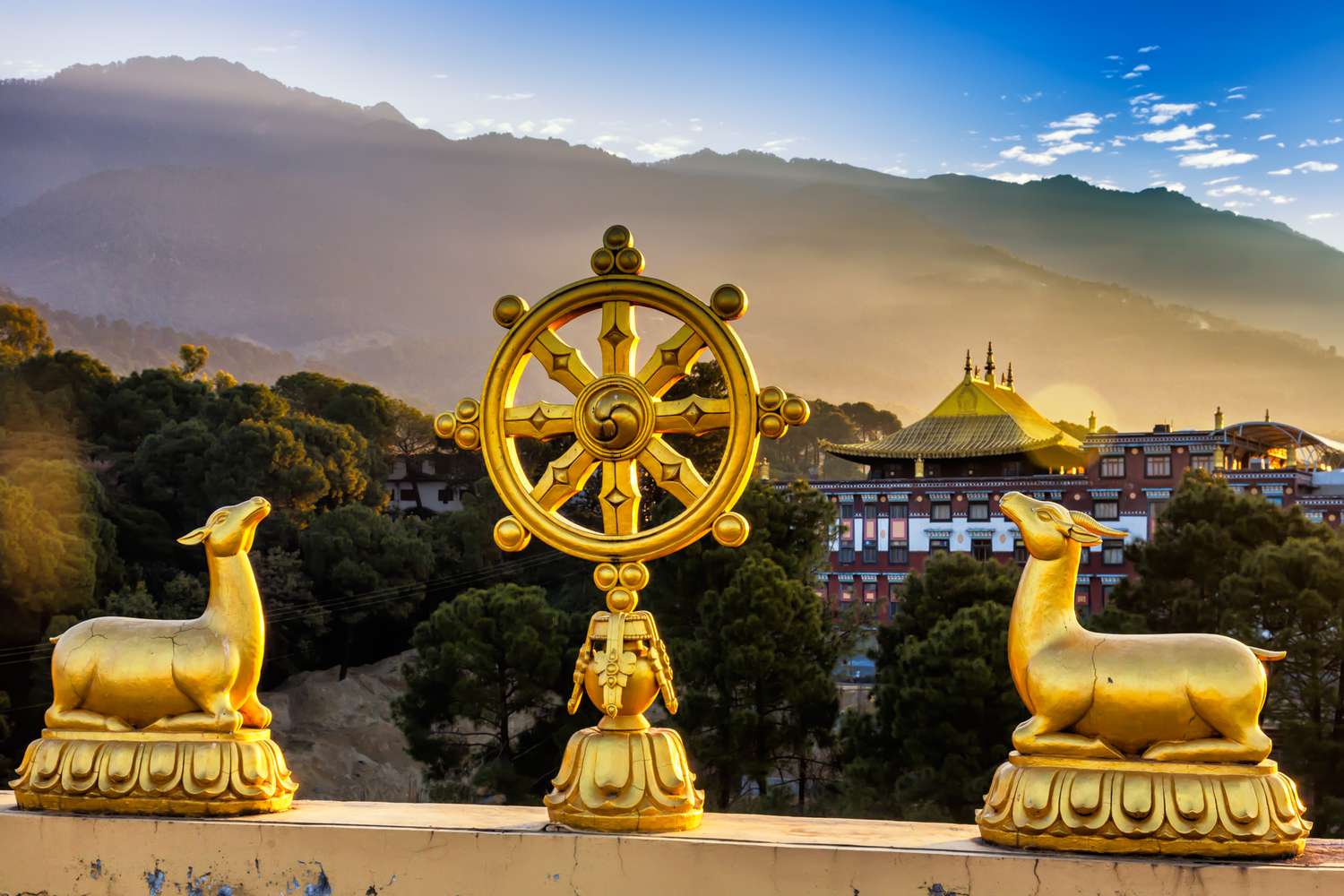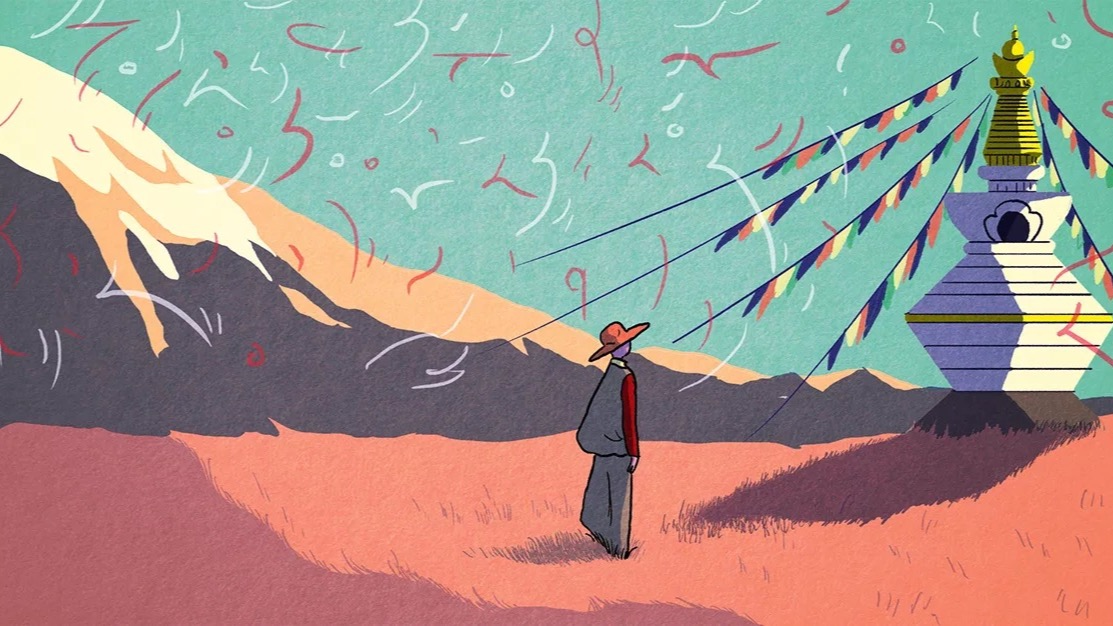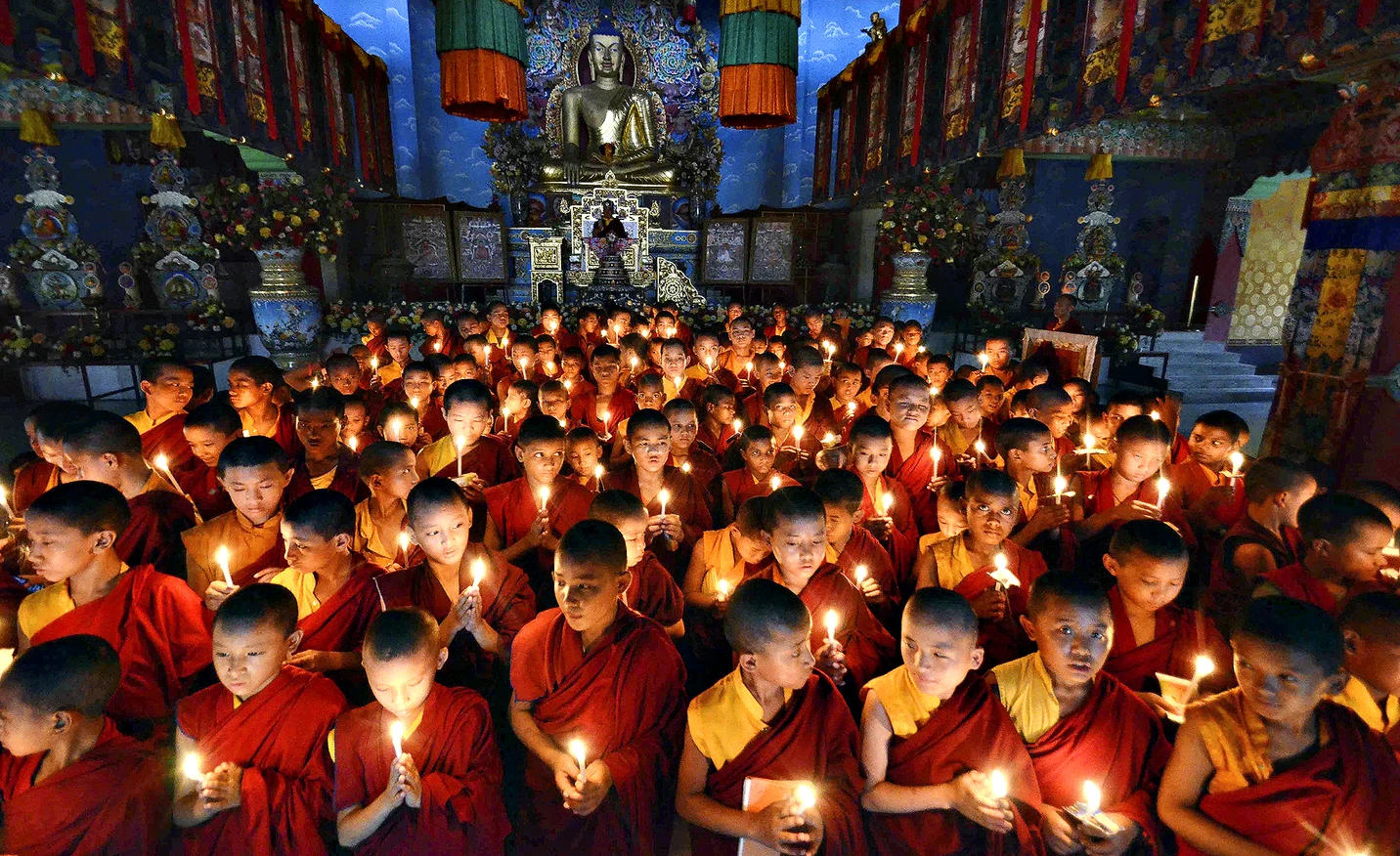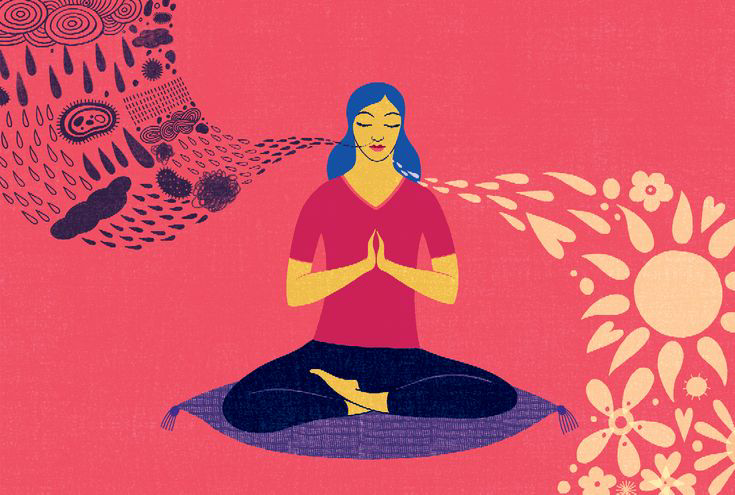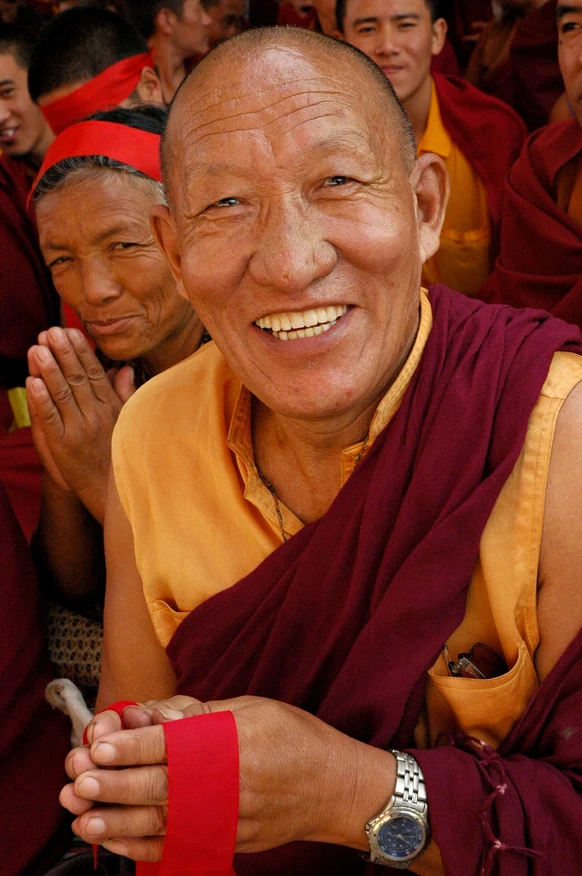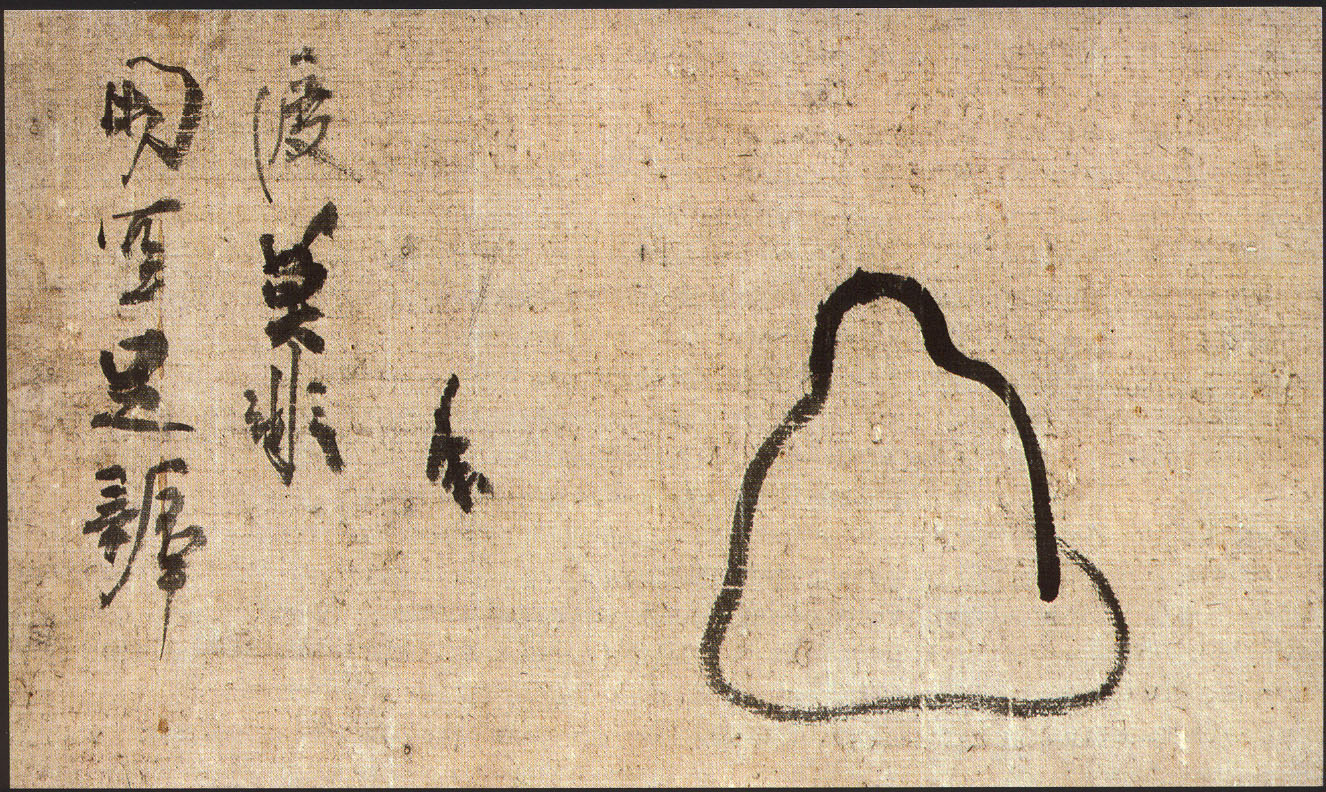
Emptiness
Emptiness is the central insight of Buddhism, and what makes it unique among religions. According to Buddhism, neither we, nor other beings, nor any phenomenon in the universe, has a permanent, separate, and independent core, soul, or identity. Another way to look at it is interdependence: all relative phenomena are

